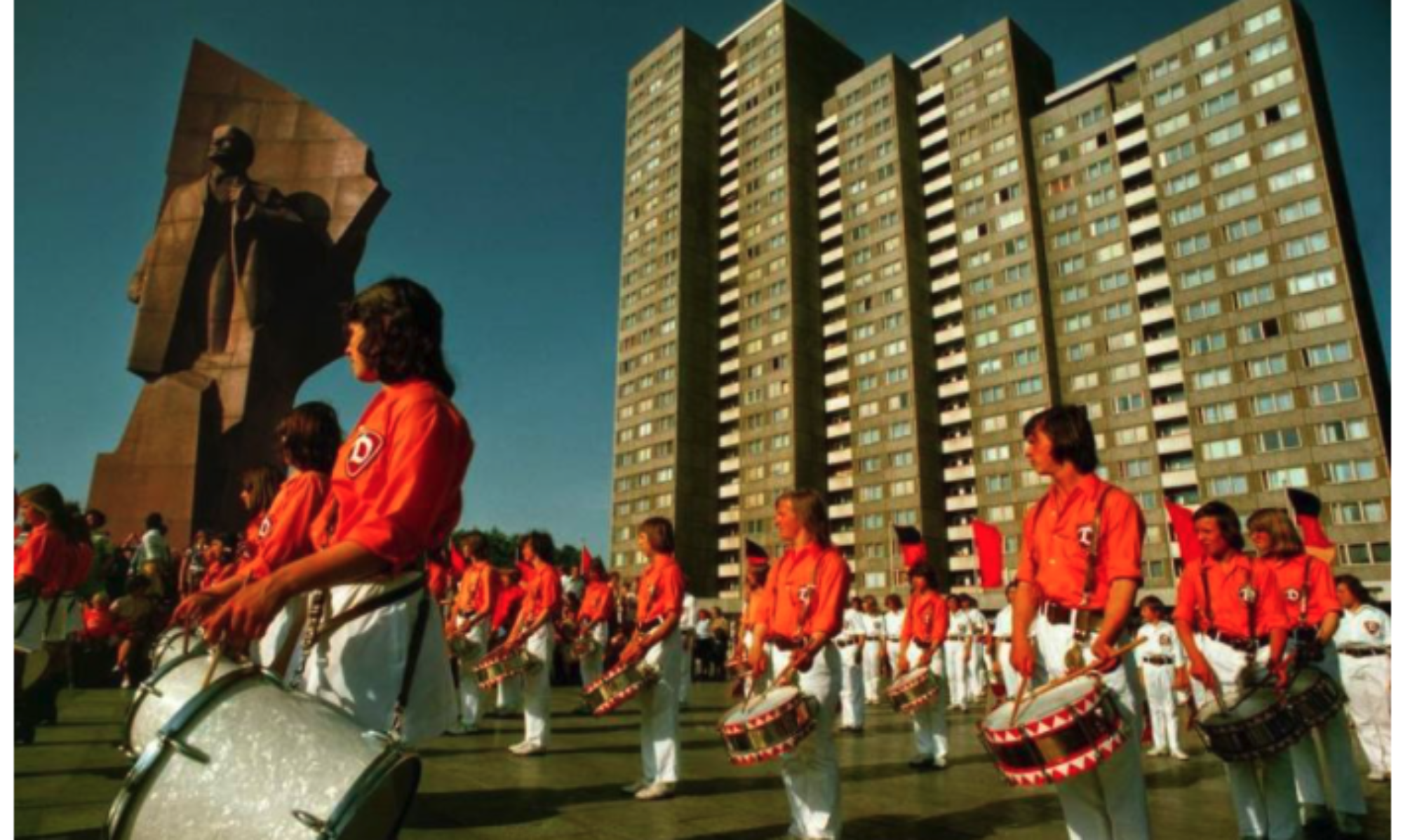In Chapter 4, “Only Rock ‘n’ Roll?,” William Risch focuses on the experiences of hippies within the Soviet Union, their connections to the West, and what they stood for. In terms of who participated and make marks within the movement, however, the hippie movements within Lviv and Wroclaw remained mostly dominated by men. Even in the personal testimonies made by hippies, they agreed that women played peripheral roles, and were mostly there because of their partners. Risch writes that the hippies did not directly protest against socialism, which advocated for gender equality, which makes this observation that much more confusing. The idea of hippie culture within these cities taking on a distinctly masculine form also created a distinct identity where men expressed themselves without women also participating to the ideology and lifestyle. Women were expected to either be fans of the movement or provide for the male members, but not meant to engage intellectually.
I wonder then what the perspectives were from female hippies or those interested in the movement: were they allowed space to participate or relegated to the sides by the men? Was there a difference in female v. male hippie culture? While there was correlation between the Western and Eastern movements, did that also translate from men to women?
